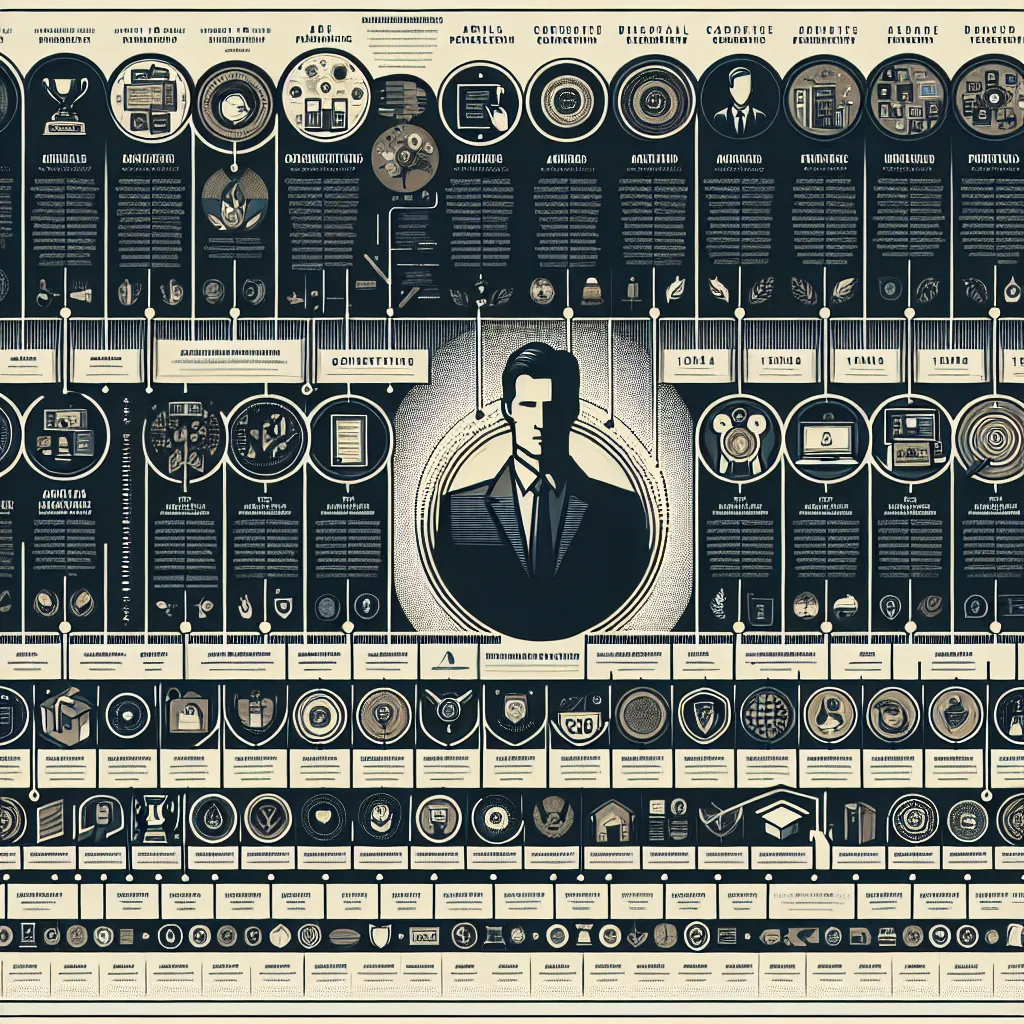Are you preparing for a job interview in English? One of the most common questions you might encounter is “What motivates you?” This question can be tricky, but with the right approach, you can impress your interviewer and showcase your passion and drive. In this article, we’ll explore effective strategies to answer this question and help you stand out in your next English job interview.
Understanding the Question: Why Interviewers Ask About Motivation
Before we dive into how to answer, it’s crucial to understand why interviewers ask this question. When employers ask about your motivations, they’re trying to gauge several things:
- Your values and what drives you professionally
- How well you might fit into their company culture
- Your level of self-awareness and ability to articulate your thoughts
- Your potential for long-term commitment to the role and company
Understanding these aspects will help you craft a more targeted and impactful response.
 Job Interview Motivation
Job Interview Motivation
Crafting Your Answer: Key Strategies
1. Be Honest and Authentic
The most important aspect of your answer is authenticity. Your motivations should be genuine and align with your true passions and career goals. Interviewers can often sense when someone is being insincere, so avoid saying what you think they want to hear if it’s not true for you.
2. Align Your Answer with the Job and Company
While staying true to yourself, try to connect your motivations to the job you’re applying for and the company’s values. Research the company beforehand and look for ways your motivations align with their mission or culture.
3. Use Specific Examples
To make your answer more compelling, include specific examples from your past experiences that demonstrate your motivations in action. This adds credibility to your response and helps the interviewer visualize how you might contribute to their team.
4. Keep It Professional
While personal motivations can be relevant, ensure your answer primarily focuses on professional aspects. Avoid overly personal details or motivations that might raise concerns about your ability to perform the job.
5. Practice Your Delivery
Rehearse your answer before the interview, but don’t memorize it word-for-word. Aim for a natural, conversational tone that shows confidence and enthusiasm.
Sample Answers to “What Motivates You?”
Let’s look at some effective sample answers to this question:
-
For a leadership position:
“What really motivates me is the opportunity to lead and develop a team. In my previous role as a project manager, I found great satisfaction in mentoring junior team members and seeing them grow professionally. I’m excited about the potential to do that on a larger scale in this leadership role at your company.” -
For a creative role:
“I’m primarily motivated by the challenge of solving complex problems through creative solutions. For instance, in my last job as a graphic designer, I worked on a campaign that required us to convey a complicated message in a visually simple way. The process of brainstorming, iterating, and finally arriving at an elegant solution was incredibly rewarding. I see that your company values innovation, and I’m excited about the prospect of applying my creative problem-solving skills to your projects.” -
For a customer service position:
“My biggest motivation comes from helping others and making a positive impact on people’s lives. In my previous customer service role, I once had a customer who was extremely frustrated with a product malfunction. By listening attentively, empathizing with their situation, and going above and beyond to resolve the issue, I not only solved their problem but also turned them into a loyal customer. These kinds of interactions, where I can turn a negative experience into a positive one, are what drive me to excel in customer service.” -
For a tech position:
“I’m motivated by the constant evolution of technology and the opportunity to learn and apply new skills. For example, when my previous company decided to migrate to a new cloud platform, I took the initiative to learn everything I could about it. This not only allowed me to lead the migration successfully but also opened up new possibilities for our team’s projects. I’m excited about the cutting-edge technologies your company works with and the chance to continue growing my skills while contributing to innovative solutions.” -
For a sales role:
“What motivates me in sales is the thrill of meeting and exceeding targets. I’m driven by the challenge of understanding a client’s needs and finding the perfect solution for them. In my last role, I set a personal goal to increase my sales by 20% over the previous year. By focusing on building strong relationships with clients and truly understanding their pain points, I actually achieved a 30% increase. The satisfaction of surpassing my own expectations and knowing I’ve helped clients solve real problems is what keeps me passionate about sales.”
Common Mistakes to Avoid
When answering this question, be careful to avoid these common pitfalls:
-
Being too vague: Avoid generic answers like “I’m motivated by success.” Instead, be specific about what success means to you.
-
Focusing solely on money: While financial stability is important, it shouldn’t be your only or primary motivation.
-
Giving an answer that doesn’t align with the job: Make sure your motivations make sense for the role you’re applying for.
-
Rambling or giving an overly long answer: Keep your response concise and to the point.
-
Sounding unenthusiastic: Your tone should convey genuine excitement about your motivations.
Follow-up Questions and How to Handle Them
Interviewers might ask follow-up questions to dig deeper into your motivations. Here are some examples and how to approach them:
-
“Can you give an example of a time when you were particularly motivated at work?”
Approach: Prepare a specific story that illustrates your motivation in action. Describe the situation, your actions, and the positive outcome. -
“How do you stay motivated during challenging times?”
Approach: Discuss your strategies for maintaining motivation, such as setting small goals, focusing on the bigger picture, or seeking support from colleagues. -
“How does this role align with what motivates you?”
Approach: Connect aspects of the job description to your personal motivations, showing that you’ve thought about how this role fits your career goals. -
“What would you do if you found yourself unmotivated at work?”
Approach: Explain your proactive approach to addressing lack of motivation, such as seeking new challenges or discussing concerns with your manager. -
“How has your motivation changed throughout your career?”
Approach: Discuss how your motivations have evolved, demonstrating growth and adaptability.
Conclusion
Answering “What motivates you?” in an English job interview is an opportunity to showcase your passion, self-awareness, and alignment with the company’s values. By being authentic, specific, and well-prepared, you can turn this potentially challenging question into a chance to stand out as a candidate. Remember to practice your answer, but keep it natural and conversational. With these strategies, you’ll be well-equipped to impress your interviewer and move one step closer to landing your desired job.
For more tips on acing your English job interview, check out our guide on common English interview questions and how to handle pressure in English interviews. Good luck with your interview preparation!




